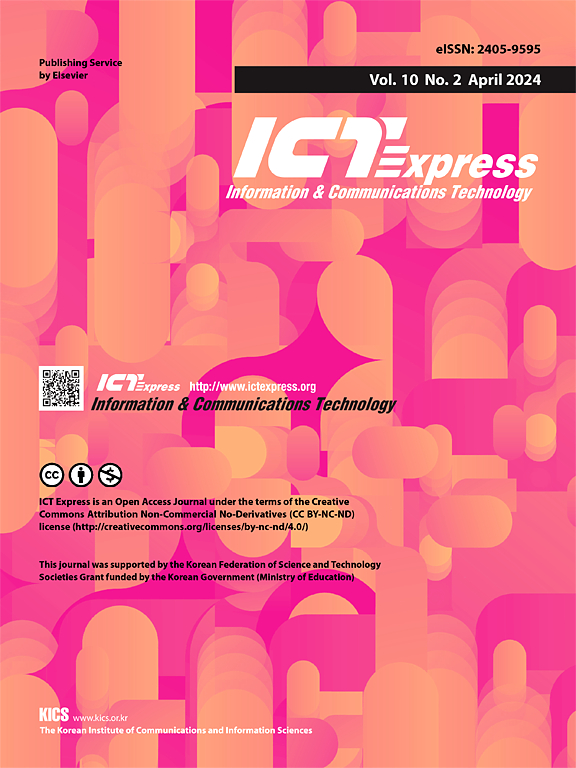MSS-TCP: A congestion control algorithm for boosting TCP performance in mmwave cellular networks
IF 4.2
3区 计算机科学
Q1 COMPUTER SCIENCE, INFORMATION SYSTEMS
引用次数: 0
Abstract
The increasing demand for high-speed, low-latency applications, especially with 5G mmWave technology, has led to challenges in TCP performance due to signal blockages, small buffers, and high Packet Error Rates (PERs). Existing congestion control algorithms (CCAs) struggle to fully utilize available bandwidth under these conditions. This paper proposes MSS-TCP, a novel congestion control algorithm designed for mmWave networks. MSS-TCP dynamically adjusts the congestion window (cwnd) based on the maximum segment size (MSS) and round-trip time (RTT), improving bandwidth utilization and congestion adaptability. The simulation results using the ns-3 network simulator show that MSS-TCP outperforms state-of-the-art CCAs, including NewReno, HighSpeed, CUBIC, and Bottleneck Bandwidth and Round-trip propagation time (BBR), and Fuzzy Logic-based (FB-TCP), particularly when the buffer matches the bandwidth-delay product (BDP), achieving a 24.26% to 45.43% improvement in throughput compared to BBR while maintaining low latency. These findings demonstrate that MSS-TCP enhances TCP performance in 5G mmWave networks, making it a promising solution for next-generation wireless communication.
MSS-TCP:一种在毫米波蜂窝网络中提高TCP性能的拥塞控制算法
对高速、低延迟应用的需求不断增长,特别是5G毫米波技术,由于信号阻塞、小缓冲区和高分组错误率(per),导致TCP性能面临挑战。在这种情况下,现有的拥塞控制算法(cca)难以充分利用可用带宽。本文提出了一种针对毫米波网络设计的新型拥塞控制算法MSS-TCP。MSS- tcp根据最大段大小(MSS)和往返时间(RTT)动态调整拥塞窗口(cwnd),提高带宽利用率和拥塞适应性。使用ns-3网络模拟器的仿真结果表明,MSS-TCP优于最先进的cca,包括NewReno, HighSpeed, CUBIC,瓶颈带宽和往返传播时间(BBR)以及基于模糊逻辑的(FB-TCP),特别是当缓冲区匹配带宽延迟产品(BDP)时,与BBR相比,吞吐量提高了24.26%至45.43%,同时保持了低延迟。这些发现表明,MSS-TCP增强了5G毫米波网络中的TCP性能,使其成为下一代无线通信的有前途的解决方案。
本文章由计算机程序翻译,如有差异,请以英文原文为准。
求助全文
约1分钟内获得全文
求助全文
来源期刊

ICT Express
Multiple-
CiteScore
10.20
自引率
1.90%
发文量
167
审稿时长
35 weeks
期刊介绍:
The ICT Express journal published by the Korean Institute of Communications and Information Sciences (KICS) is an international, peer-reviewed research publication covering all aspects of information and communication technology. The journal aims to publish research that helps advance the theoretical and practical understanding of ICT convergence, platform technologies, communication networks, and device technologies. The technology advancement in information and communication technology (ICT) sector enables portable devices to be always connected while supporting high data rate, resulting in the recent popularity of smartphones that have a considerable impact in economic and social development.
 求助内容:
求助内容: 应助结果提醒方式:
应助结果提醒方式:


